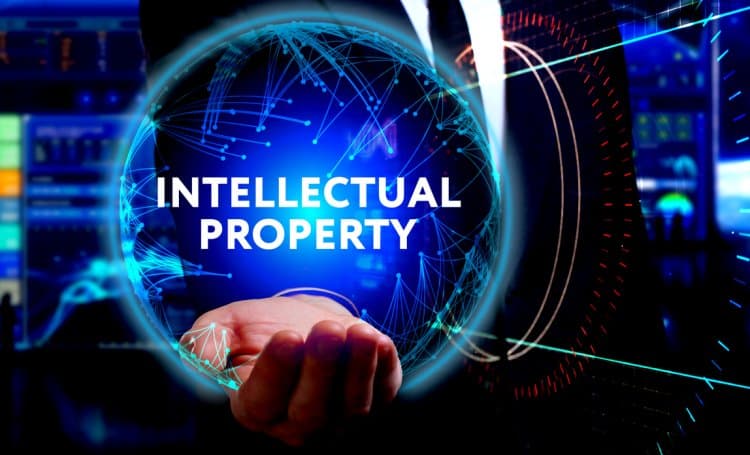
Evaluating laws for intellectual property rights protection on the internet
The rise of the internet has brought about unprecedented challenges for the protection of intellectual property rights. The ease with which digital content can be copied and distributed online has led to rampant piracy and copyright infringement, causing significant economic losses for creators and copyright holders.
To address this issue, governments around the world have introduced laws and regulations to protect intellectual property rights on the Internet. However, the effectiveness of these laws in practice is a matter of debate.
One key challenge in evaluating laws for intellectual property rights protection on the internet is striking a balance between protecting creators' rights and ensuring freedom of expression and access to information. Laws that are too strict and enforcement measures that are too aggressive can have a chilling effect on free speech and stifle innovation. Weak laws can fail to deter copyright infringement and other forms of intellectual property theft.
Another challenge is the global nature of the internet and the ease with which content can be distributed across borders. Intellectual property laws vary widely between countries, making it difficult to enforce these laws globally. In addition, many websites and platforms that host infringing content are based in countries with weak intellectual property protections, making it even more challenging to hold them accountable.
Despite these challenges, there have been some notable incidents in protecting intellectual property rights on the Internet. For example, the Digital Millennium Copyright Act (DMCA) in the United States has provided a framework for protecting copyrighted material online, while the European Union's General Data Protection Regulation (GDPR) has helped protect personal data and privacy rights.
The UAE has implemented laws and regulations to protect intellectual property rights on the Internet, including establishing specialized IP courts and online enforcement mechanisms. However, challenges remain, including cross-border infringement and jurisdictional issues. The country's strong legal framework provides a solid foundation for continued improvement in protecting IP rights on the internet.
Safeguarding intellectual property rights on the internet is a difficult, complicated subject that necessitates striking a careful balance between preserving the rights of creators and ensuring freedom of expression and information access. Register your trademark and claim ownership of your works with the help of an experienced intellectual property lawyer.
While there are challenges to enforcing intellectual property laws globally, there have been some successes in implementing effective legal frameworks for protecting intellectual property online. As technology evolves, governments and stakeholders must continue to work together to address these challenges and protect intellectual property rights in the digital age.
For any legal queries or information, contact ask@tlr.ae or call us on +971526443004